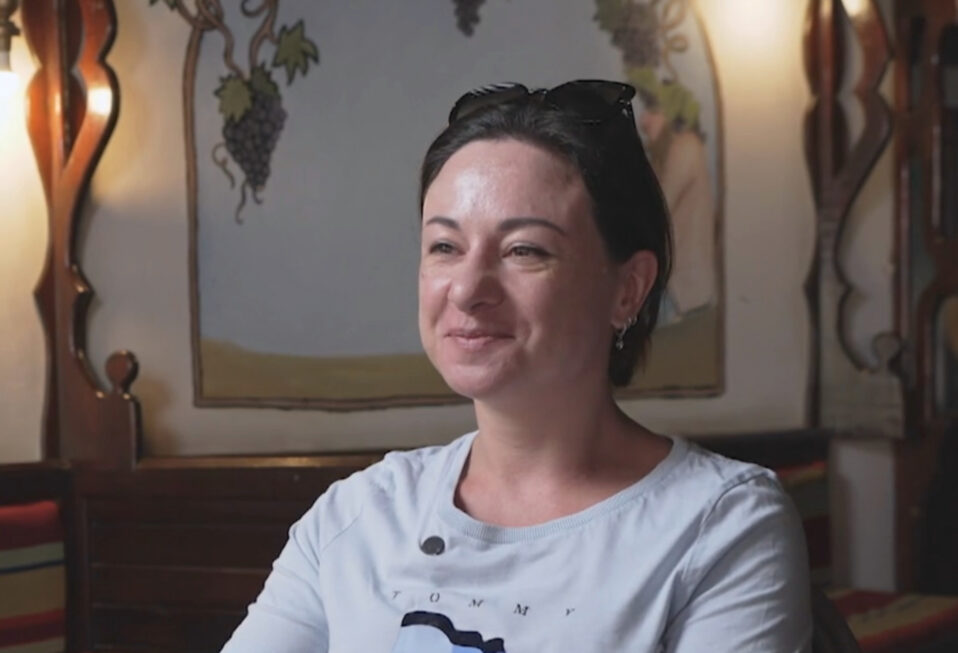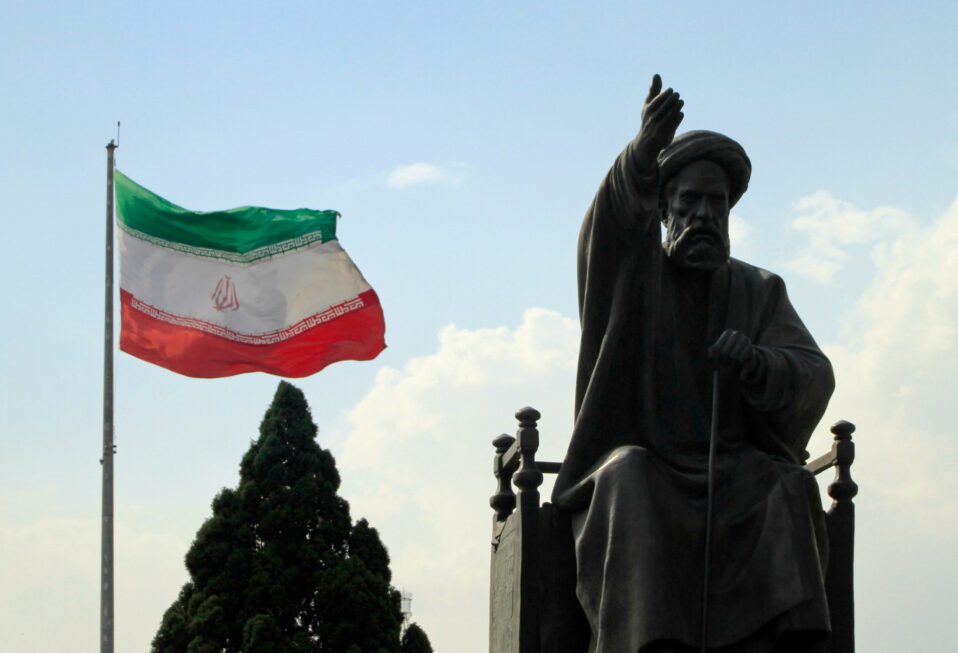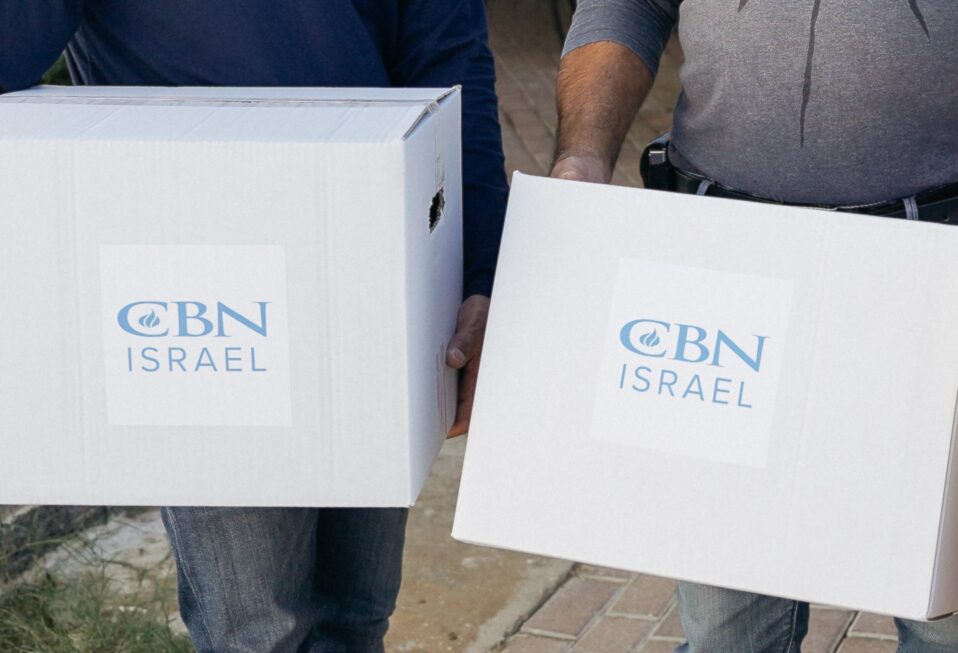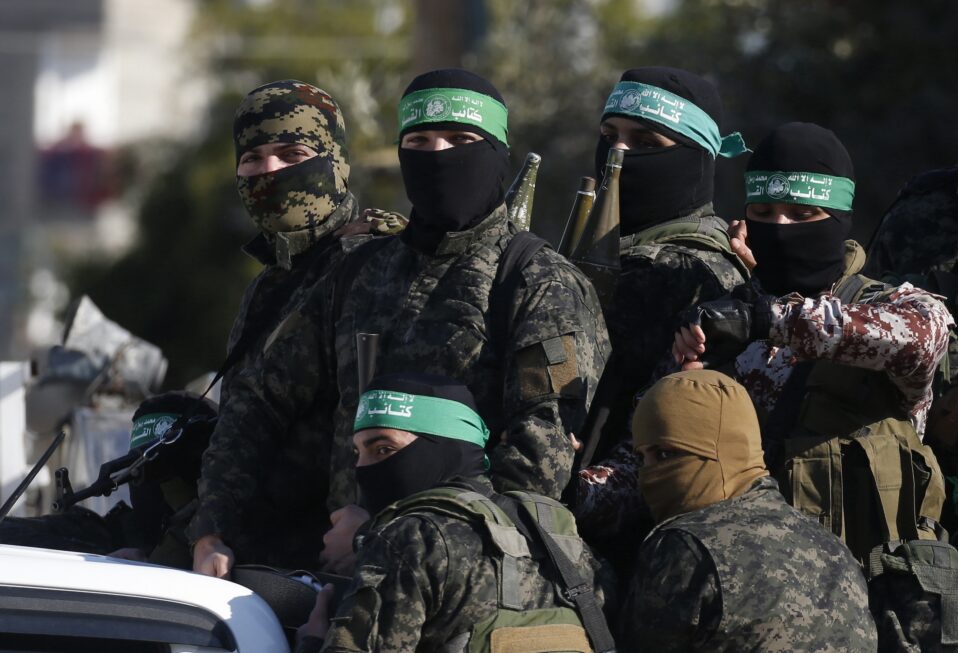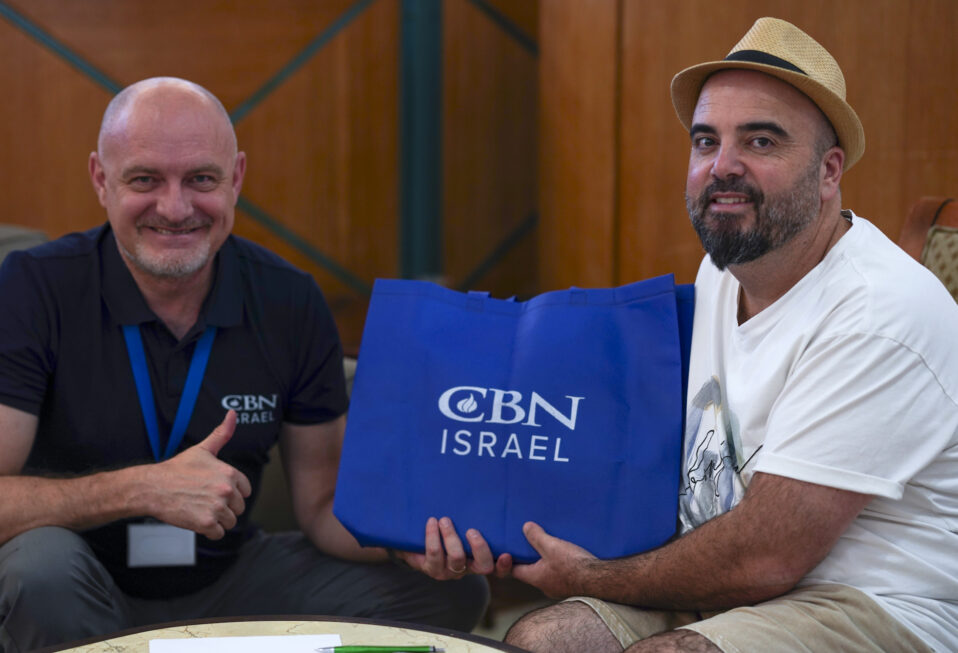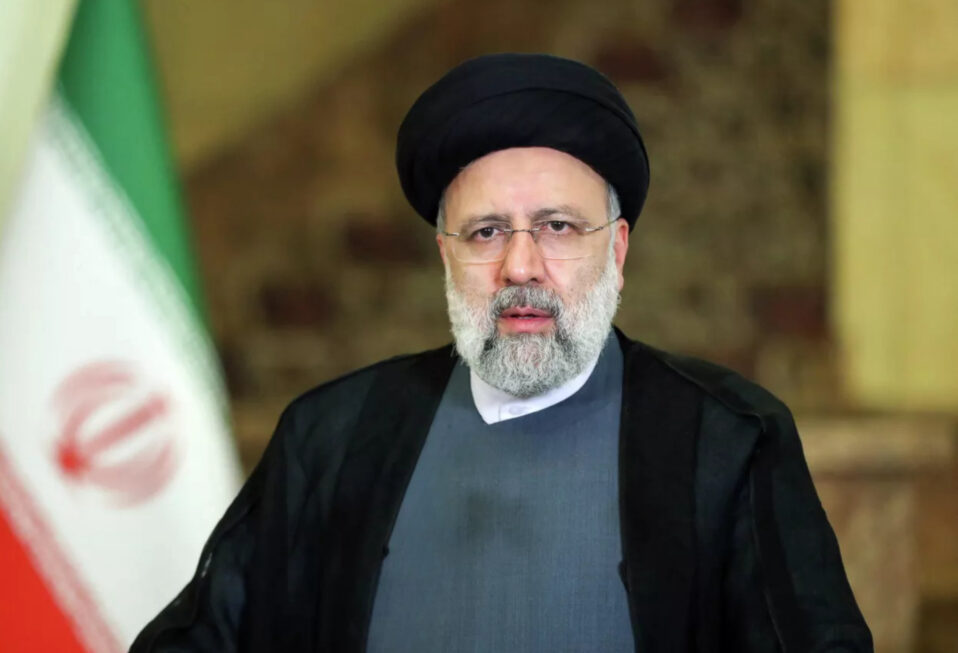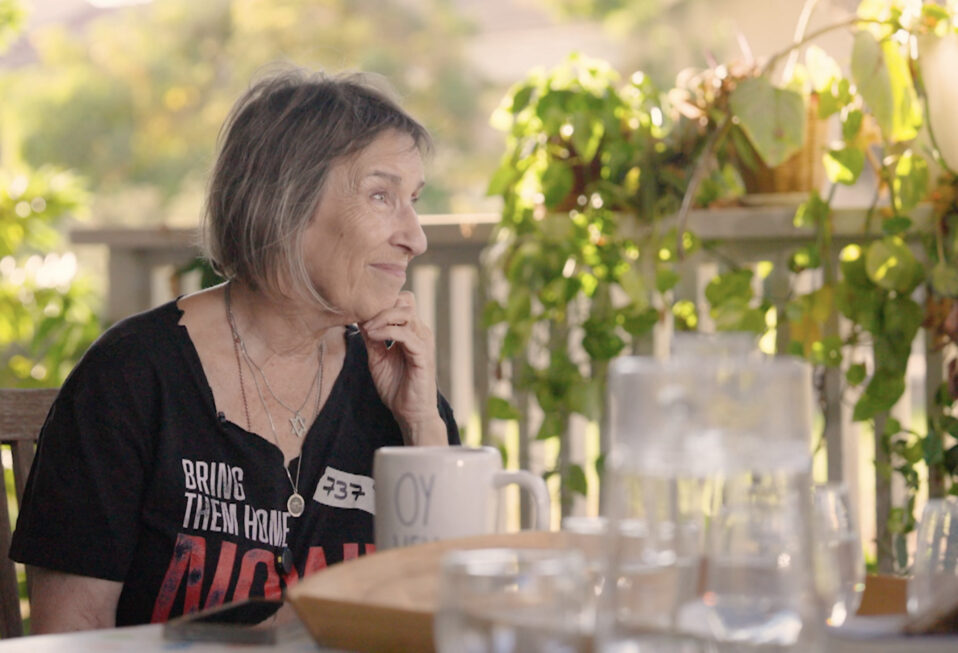By Arlene Bridges Samuels
Jew hatred has clearly shown itself as a widespread addiction since the “New Nazis” attempted another holocaust last October 7—torturing, then slaughtering, Jewish men, women, and children in their ancestral homeland. Based on Nazi strategies, decades of unleashed propaganda from Palestinian leaders, the Islamic Regime’s theocracy, and its Triple H proxies (Hamas, Hezbollah, and the Houthis) have destabilized brains and emotions. Minds that either look for the next high of violence, or find excuses to imbibe the lies of victimization, or possess a worldview full of naïve ignorance—each resulting in a new kind of cartel: the cartel of hatred.
Demonstrators, institutions, and international bodies are dangerously consuming lies that lead to poorly formed decisions. The failure (or deliberate refusal) to distinguish good from evil and right from wrong is an assault on Judeo-Christian values—values that have generated the greatest freedoms, well-being, and hopes the world has ever known. The most horrific examples of hate in the last 90 years began in pre-World War II with Hitler’s hypnotic evil. Hamas’s murderous October 7 rampage reenacted Nazi evil in a pattern that continues today: in Gazan tunnels torturing hostages held in underground concentration camps and murdering Palestinians above ground.
Many of Hamas’s hate addicts are high on an amphetamine called captagon, an addictive stimulant that permits higher levels of stamina while lowering inhibitions. Captagon’s history reveals this mind-altering drug—which has been available throughout Arab countries in the Middle East—to be a source of terrorist money. In a short summary, here are a few facts based on a detailed report from NewLinesInstitute.org. The German company Degussa Pharma Gruppe designed the drug in the 1960s to help with narcolepsy, attention deficit disorder, and for use as a stimulant. Beginning in the 1980s, many countries banned it due to a dangerous chemical in the formula. Criminal organizations in Turkey and the Balkan nations began smuggling operations, then in 2011 Syrian dictator Bashar al-Assad hijacked the drug operation to bolster his failing economy after the horrific civil war exploded.
Now, Syria is the top captagon cartel of the “jihad drug,” whose consumption makes billions of dollars each year from the six nations comprising the Gulf Cooperation Council: Bahrain, Kuwait, Oman, Qatar, Saudi Arabia, and the United Arab Emirates. Amid such a vast drug trade, the Council is very concerned about the drug’s usage and ensuing health and security concerns. Further, a detailed Council report about captagon’s expansion into Europe and Africa outlines the serious threat it represents beyond the Gulf. The report notes that trafficking this drug is “a revenue source for state and non-state actors such as the Syrian government, Hezbollah, and state-affiliated militias [fueling] malign activities that have exacerbated insecurity, encouraged corruption, and empowered authoritarian behaviors.”
Learning about the billions of dollars earned from captagon sales by Syria’s cartel dictator and other criminals, it is important to realize that the billions are used not just for the terrorists themselves who are taking the drug. Since Syria harbors Iran’s elite Islamic Revolutionary Guard Corps (IRGC), we must question where the money goes. Other countries also finance terror with expensive media propaganda, buying weapons, making payoffs not only to demonstrators and agitators but also to powerful institutions and authorities. For instance, the UN Relief and Works Agency for Palestinians (UNRWA) employs mostly Palestinians. The agency funds 30,000 employees; a small international staff in New York, Geneva, Brussels, and Cairo; plus, five field offices in Gaza, Lebanon, Syria, Jordan, and the West Bank (Judea/Samaria.)
Israel’s Foreign Ministry spokesman, Oren Marmorstein, stated in April that “more than 2,135 UNRWA workers are members of either Hamas or Palestinian Islamic Jihad.” Hamas has successfully permeated UNRWA so that “it is no longer possible to determine where UNRWA ends and where Hamas begins.” The drug cartels boost a multiplicity of promoting the world’s oldest hatred—a hatred targeting Israel, God’s Land, and His people, the Jews.
In the global judicial arena, it is highly unlikely that the International Criminal Court (ICC) and the United Nations International Court of Justice (ICJ) are taking captagon. However, they are consuming another drug: hate disguised in lies. Last November, I wrote my CBN Israel column proposing that Israel itself hold a war crimes tribunal. Indeed, historic precedent affirms such a move. In December 1961, a Jerusalem court tried and sentenced Nazi SS Lieutenant Colonel Adolf Eichmann to death for crimes against humanity, crimes against the Jewish people, and war crimes. He had escaped U.S. custody in 1946 and was found by Mossad—16 years after the war’s end. The Hamas charter imitates the Nazi’s “Final Solution” to “obliterate an entire people [Jews] from the world.” Israel will not relent in pursuit of those like Eichmann in Gaza, West Bank, or anywhere in the world for their crimes against humanity, crimes against the Jewish people, and war crimes.
The United Nations established the ICC in 2002 as the world’s first permanent international criminal court, with its 18 judges chosen allegedly for their legal qualifications, impartiality, and integrity. The ICC investigates war crimes, genocide, and crimes against humanity. It was extraordinary, then, that on May 20, ICC chief prosecutor Karim Khan announced seeking arrest warrants for Israeli Prime Minister Benjamin Netanyahu and Defense Minister Yoav Gallant. Putting Israel’s leaders into the same category is outrageous, equating them with the top Hamas terrorist leaders Yahya Sinwar, Ismail Haniyeh, and Mohammed Deif. Note the word impartiality as a qualification to serve on the ICC court. A verdict of disbarment is a good decision to levy against these judges. They are unqualified, unable, and/or unwilling to acknowledge the vast differences between good and evil.
Despite different roles, the ICC and ICJ are twins when it comes to reckless decisions about Israel. The ICJ’s ill-informed decision on May 24 after South Africa had accused Israel of genocide and demanded that Israel completely withdraw from Gaza. Israel is the only army in the world that consistently notifies citizens living in an enemy territory to leave the area before they take military action. The IDF also sets up safe zones for Gazans, first in northern Gaza and now in Rafah, for 900,000 civilians.
The ICJ, established in 1945, serves as the United Nations judicial branch with 15 judges. Their role is to arbitrate between nations, to settle disputes, and to offer legal advisory opinions. Although ICJ did call for the immediate and unconditional release of hostages, I am left to wonder if ICJ’s judges read anything other than Hamas “facts” or the South African government’s absurd accusations. The ICJ is located at the Peace Palace in The Hague, Netherlands. Yet neither the judges in the Peace Palace, nor the world, will encounter peace if they prohibit Israel from fully defeating Hamas—which clearly declares it will repeat October 7 again and again.
True justice is mostly a missing commodity in this era of world history. Nevertheless, take heart in Proverbs 24:24-25, which assures us: “Whoever says to the guilty, ‘You are innocent,’ will be cursed by peoples and denounced by nations. But it will go well with those who convict the guilty, and rich blessing will come on them.”
Our CBN Israel team welcomes you to pray with us this week—prayers for the Jewish nation and people are needed now more than ever.
Prayer Points:
- Pray that our Christian faith, founded on the rock of Judaism, will strengthen standing for righteousness.
- Pray for the IDF and their families in a particularly dangerous mission in Rafah.
- Pray for true justice within world courts.
- Pray for God’s justice, Creator of true justice, to rule and reign in His perfect timing.
Arlene Bridges Samuels pioneered Christian outreach for the American Israel Public Affairs Committee (AIPAC). After she served nine years on AIPAC’s staff, International Christian Embassy Jerusalem USA engaged her as Outreach Director part-time for their project, American Christian Leaders for Israel. Arlene is an author at The Blogs-Times of Israel and has traveled to Israel since 1990. She co-edited The Auschwitz Album Revisited and is on the board of Violins of Hope South Carolina. By invitation, Arlene attends Israel’s Government Press Office Christian Media Summits. She also hosts her devotionals, The Eclectic Evangelical, on her website at ArleneBridgesSamuels.com.




